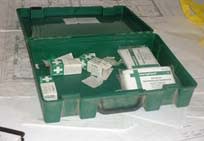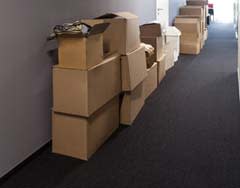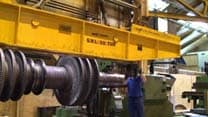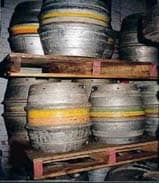Health and Safety Checklist
I find that I am often asked questions such as “What signage should we be displaying?” or “How often should I review risk assessments?” So I thought that this week I would give you my ABC of everyday Health & Safety topics and what you should be considering about each.
This checklist can be used as an aid in assessing and reviewing the management of health and safety in your workplace. The checklist is not an exhaustive list of items to be addressed and will not necessarily be comprehensive for all work situations.
This list looks at 20 areas of concern from Asbestos to Working at height. If you require any further help on these, or on a subject not included, please feel free to contact me on 01458 253682, email or via our Facebook page or by Twitter.
This week’s 2 recent HSE cases look at accidents where there was a lack of H&S management.
- A meat production company has today been fined for safety breaches after a worker was injured whilst adjusting storage racking
- A scaffolding company has been sentenced today for safety breaches after a 16-year-old apprentice joiner fell approximately four metres from a scaffold platform.
As ever, if you have a subject that you would like us to cover one week, please contact us on 01458 253682, email or via our Facebook page or by Twitter.
Health and Safety Checklist
Use this checklist to carry out effective and systematic safety inspections – Of course remember to carry out any actions that you find to be needed.
Asbestos
Electrical.
Fire
First Aid
Hazardous Substances
Heating and Ventilation
Housekeeping
Lighting
Machine Safety
Manual Handling
Mechanical Lifting Equipment
Personal Protective Equipment
Risk Assessments
Sinage
Storage
Tools & Equipment
Training
Vehicles on site
Waste
Welfare
Work at Height
If you would like any further help or support, please please contact us by phone 01458 253682, email or via our Facebook page or by Twitter.
Taunton & Somerset CPD Group at The Exchange House Taunton
Please note our new venue.
Having held last week’s seminar at the Exchange House and received favourable comments so from now on we are intending to run these CPD events at the Exchange House, 12 – 14 The Crescent, Taunton TA1 4EB.
The next of the CPD events is listed below.
As previously requested, if you could let us know whether or not you can attend it would be greatly appreciated. Also, if you would like to give a talk, or know of somebody who would, please contact Jon at [email protected]
Our next Seminar will be on 21st March 2018. Could you please arrive by 12:30pm prompt.
Our speaker for this one is Nick Hunt of Cupa Slate to talk about Specifying Natural Roofing Slate.
If you haven’t already booked your place, or if you are not on the CPD Seminar mailing list but would like to be please drop Jon an email and he will deal with your request.
As per our last one if you could let Jon know whether or not you can attend within 7 days of receipt of his email, it would be greatly appreciated.
Advance notice of next seminars:
April Seminar 0n 11th April will be Amwell Systems Ltd with their recently updated RIBA approved CPD Innovation in Flush Fronted Washrooms.
Contact Details [email protected], 07831 714199 or 01458 253682.
Training Courses
We shall be running new courses again in 2018 and the dates and details of forthcoming courses will be published here each week.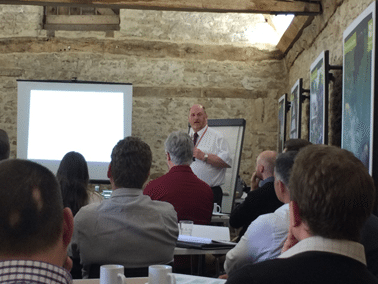
But remember we are still available for running “In House” courses and are looking to add new training courses to our list.
If you have any questions about these courses or any other training or would like us to run a particular course for you, call Jon Wilkins of the Wilkins Safety Group on 01458 253682 or email him at [email protected]
You will note that one of these courses is the 2-day Level 2 course in Supervising Staff Safely which you and your managers should attend in order to help you manage your safety properly!



